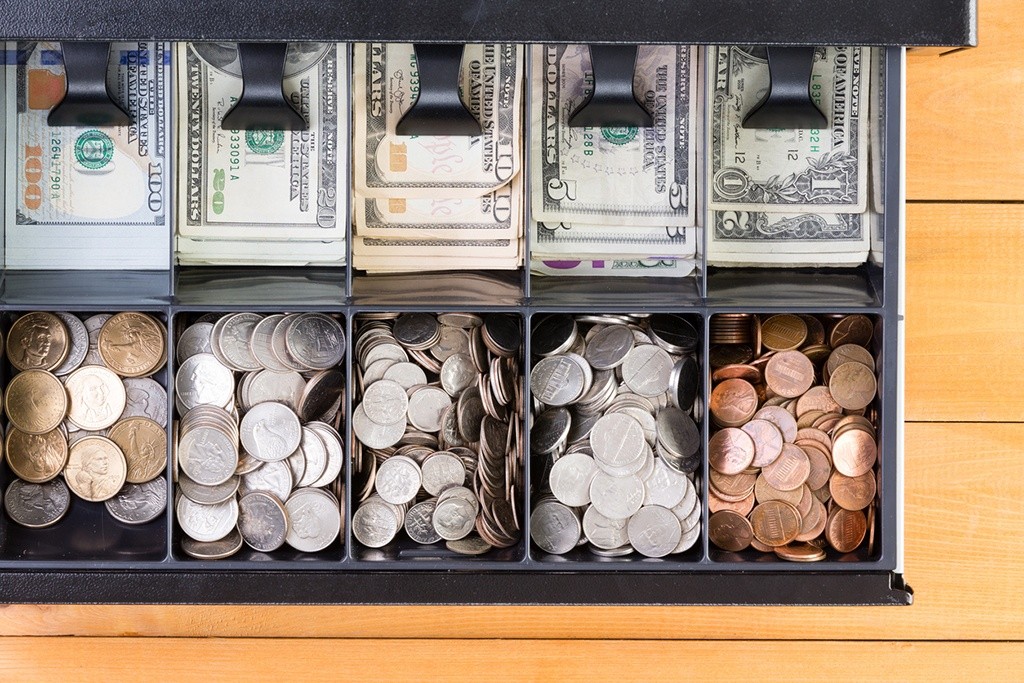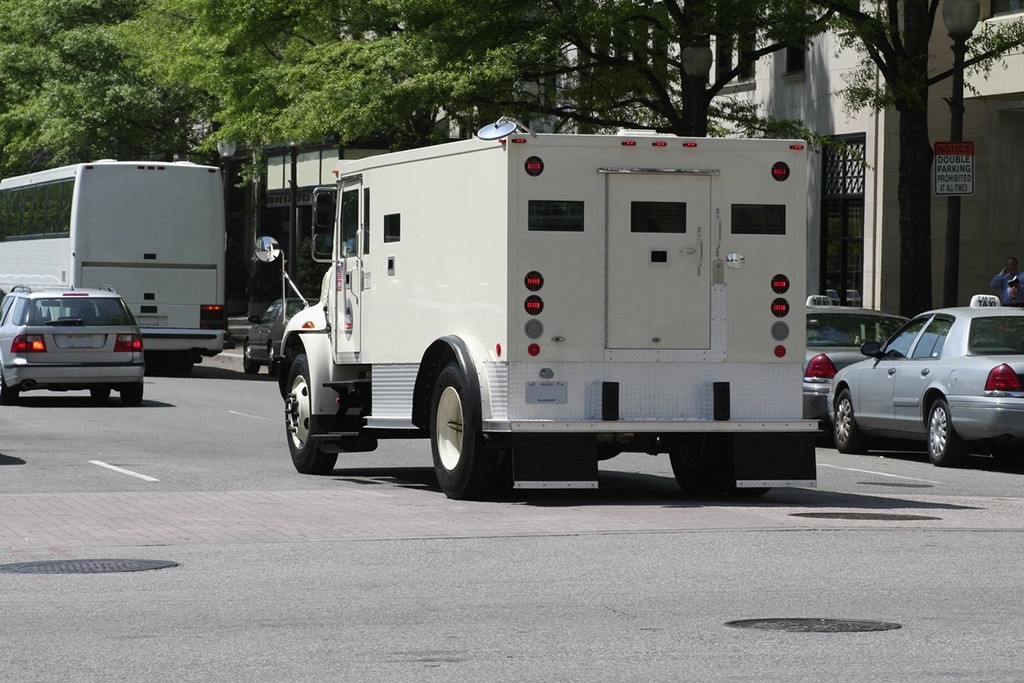Cash Management Essentials
Cash Recycling Benefits
Cash recyclers automate the cash room processes of organizations such as big box retailers, warehouse clubs, supermarkets, amusement parks, and other institutions that handle large volumes of cash on a daily basis. A cash recycler can accept, dispense, and secure the cash needed to run the day-to-day operation of a store, while at the same time provide the reporting needed to account for all transactions, down to the department and employee level.
Organizations that adopt the right cash recycler for their business will realize significant cost savings and immediate improvement in operational efficiencies. However, justifying the investment in a cash recycler requires a thorough understanding of its benefits. Here a few benefits a cash recycler can offer a business:

Reduce Store Float
Float is the cash required by a store to run its day to day business. Float enables cashiers to make change for customers throughout the day, before a sufficient number of cash sales accrue to make change from the day’s sales. Typically, the amount of float needed is in direct proportion to the volume of cash sales – the higher the number, the more float required.
Keeping a high cash float introduces costs and risks to the store. If a large amount of cash is in the store and not in the store’s bank account, it isn’t earning the store any money. High cash float also places the store at risk for counting errors and theft.
With a cash recycler, funds deposited are reused for the next shift or next employee checking in. With recycled funds, the amount of float needed is greatly reduced, which can represent a dramatic effect to the store’s operations, risk profile, and bottom line.

Accelerated Start and End of Shift Processes
For higher cash volume stores with multiple registers, starting and ending a shift can be an inefficient process. It’s pretty typical for a long queue to develop in the cash room for employees checking in or checking out their tills and the start or end of their shift.
With a cash recycler, starting and ending a shift can be accomplished in just under a minute for each employee, and without additional human intervention. Since the recycler automatically counts the funds deposited, time spent manually counting funds is eliminated. With an easy to use interface and a self-authentication mechanism, cash recyclers enable long queues to be a thing of the past.

Optimized Usage of Store Labor
Stores that deal with high volumes of cash will typically have a dedicated cash room, attended by full-time attendants. These employees are responsible for checking tills in and out, conducting till sweeps, reconciling till balances against point-of-sale data, investigating discrepancies, counting and recounting money, and preparing deposits. Their daily to-do list is extensive.
With a cash recycler, most, if not all, of the aforementioned functions are automated. This essentially frees up the cash room attendants to focus on other more important activities, such as customer service, merchandising, employee training, and growing the store’s brand. If the right cash recycler is utilized to handle the store’s cash needs, it should be able to scale as the store’s cash transactions grow.

Reduced CIT Fees
With a cash recycler, since a proportion of the store’s cash is reused, the frequency of CIT pickups can be substantially reduced. In addition, since CIT companies are often contracted to deliver the store’s change fund (which often coincides with a scheduled pickup), fees associated with this service can also be greatly reduced.

Faster Access to Working Capital
Many cash recyclers are equipped with dedicated cassettes to accept a store’s cash deposits – typically for higher denomination notes. If the proper arrangement has been enabled between the store, its CIT partner and bank, the notes deposited into the recycler’s deposit cassette can be credited to the store’s bank account, usually no later than the next business day. This frees up critical working capital for the store, which can have a measurable impact on the store’s cash management and business operations.



